by TCW | Jan 8, 2019 | Book review
My blog is not a book blog, but on Tuesdays I quite often review books that have caught my eye. By and large I only write about ones that I’ve enjoyed, so here’s a canter through this year’s reviews which may give you some ideas for reading matter in 2019.
Historical
Historical Mystery stories
Given the general theme of my blog, I favour reviews of historical novels. There seems to be a lot of crossover between historical and detective fiction so for fans of whodunnits, here are a few possibilities. (Links are to my reviews.)
The Gilded Shroud (Elizabeth Bailey) Jane Austen meets Agatha Christie when the Marchioness of Polbrook, is strangled in her bed.

The Esther and Jack Enright Mysteries Victorian murder mysteries, with an inevitable nod in the direction of Jack the Ripper.
The Duke’s Agent (Rebecca Jenkins) It’s 1811 and when the Duke of Penrith’s agent suddenly dies, the extent of his peculation is revealed. Raif Jarrett agrees to use his leave from the Army to sort out the mess, but things are worse than they seem. Soon there is murder and riot and the agent himself finds his life at risk. Great fun and decently researched history.

Dear Laura (Jean Stubbs) As much psychodrama as detective story, I loved this book for its portrayal of the sheer awfulness of the lives of many women in the Victorian period.

General Historical Novels
The Custom of the Trade (Shaun Lewis) First World War submarine adventure by an ex-submariner who writes with authority.

Pleasing Mr Pepys (Deborah Swift) Definitely one of the best books I read last year. Highly recommended.
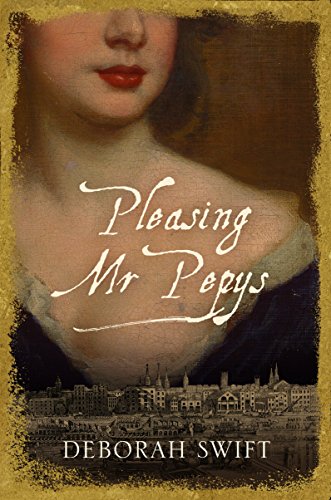
Chants to Persephone Book 5 of Jennifer Macaire’s series featuring Alexander the Great and a time-travelling historian. Huge fun and more solidly fact-based than you would expect.
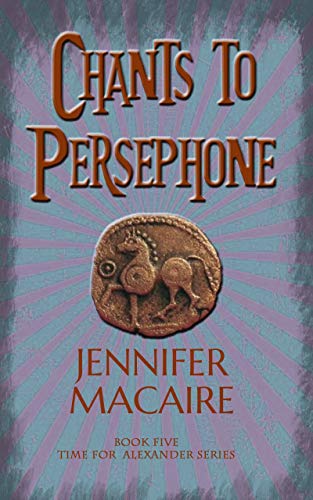
The Last Roundhead (Jemahl Evans) Spies and battle in an incredibly well researched story of the English Civil War.

A Kestrel Rising (SA Laybourn) Romance set against the background of the air war in World War II. Excellent.
New Grub Street (George Gissing) Technically this isn’t a historical novel because it wasn’t historical when it was written. It certainly does give a wonderful insight into the world of publishing at the end of the 19th century.
My own books
I think I’m admirably restrained in the amount that I write about my books but these are the links to posts about my own books in 2018.
Burke in the Land of Silver
Burke and the Bedouin
The White Rajah
Cawnpore
Back Home
Non-fiction
I read spectacular amounts of non-fiction while researching but I don’t generally review them. I read this one because it was published by my own publishers, Endeavour Media, and I reviewed it because it was a fascinating book and well worth having a look at.
Roger Casement (Brian Inglis) Biography of the Irish Nationalist hanged by the British in 1916.

Thrillers and Detective Stories
When I’m not reading history for historical novels, I really enjoy relaxing with a good thriller or mystery book. These books are harder to write than people think and I’m happy to be able to point to some good ones.
Redemption Point (Candice Fox) Excellent Australian detective thriller.
Two very different murder mysteries that are still strangely similar I’ve reviewed The Mystery of Three Quarters (Sophie Hannah) and The Katharina Code (Jorn Lier Horst) together, comparing two very different takes on the murder mystery.
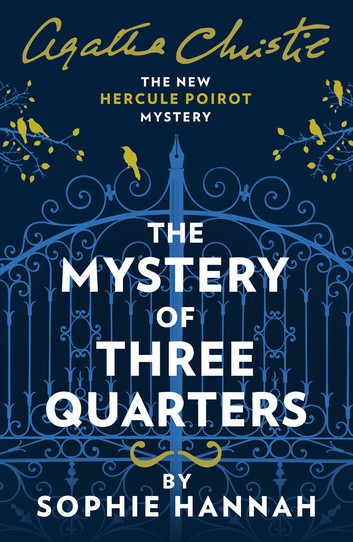
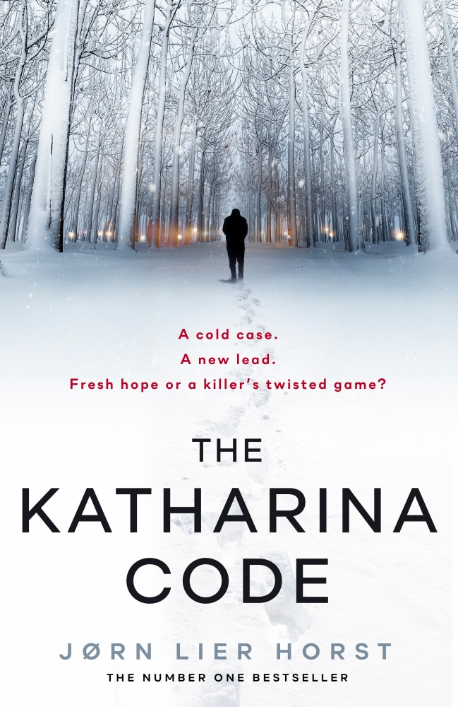
Assorted Sherlock Holmes pastiches Why is Sherlock Holmes still so popular? I had a look at books by Bonnie MacBird and Anthony Harowitz to see what the appeal is.
Dr Morelle Endeavour Media are republishing Ernest Dudley’s Dr Morelle books from the 1940s and 50s. They aren’t the best of the Golden Age detective stories, but the 1950s atmosphere is a treat. How can you not love a story which features a character called Aces La Rue?
Collateral Damage (James Long) Another one from Endeavour and well worth a look. Brilliant page-turner of a thriller set against the background of the first Gulf War.
The Darkness (Ragner Jonasson) Icelandic-noir. Very, very noir.

General Fiction
Ed Reardon’s Week (Christopher Douglas & Andrew Nickolds) The book of the radio series about an impoverished jobbing author. Brilliant.
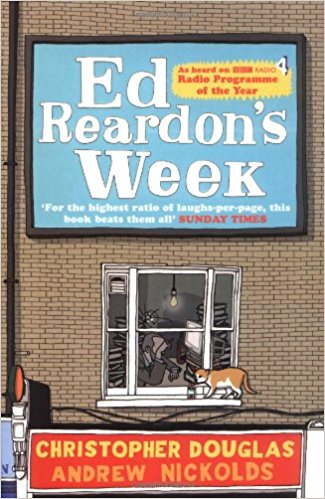
Tipping Point (Terry Tyler) Dystopian near-future ‘Walking Dead’ but without zombies.
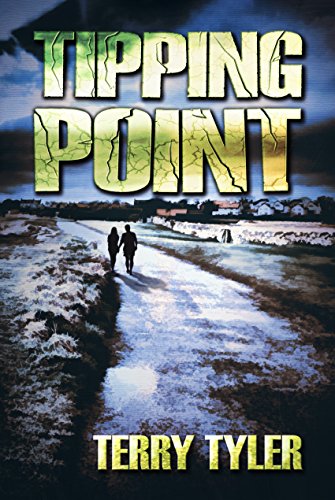
by TCW | Jan 4, 2019 | Uncategorized
I like to start the New Year by looking back at the blog posts of the previous twelve months to see which ones were most popular. This year we can sort the top half dozen on some sort of geographical basis. (Links take you to the original blog posts.)
1. India
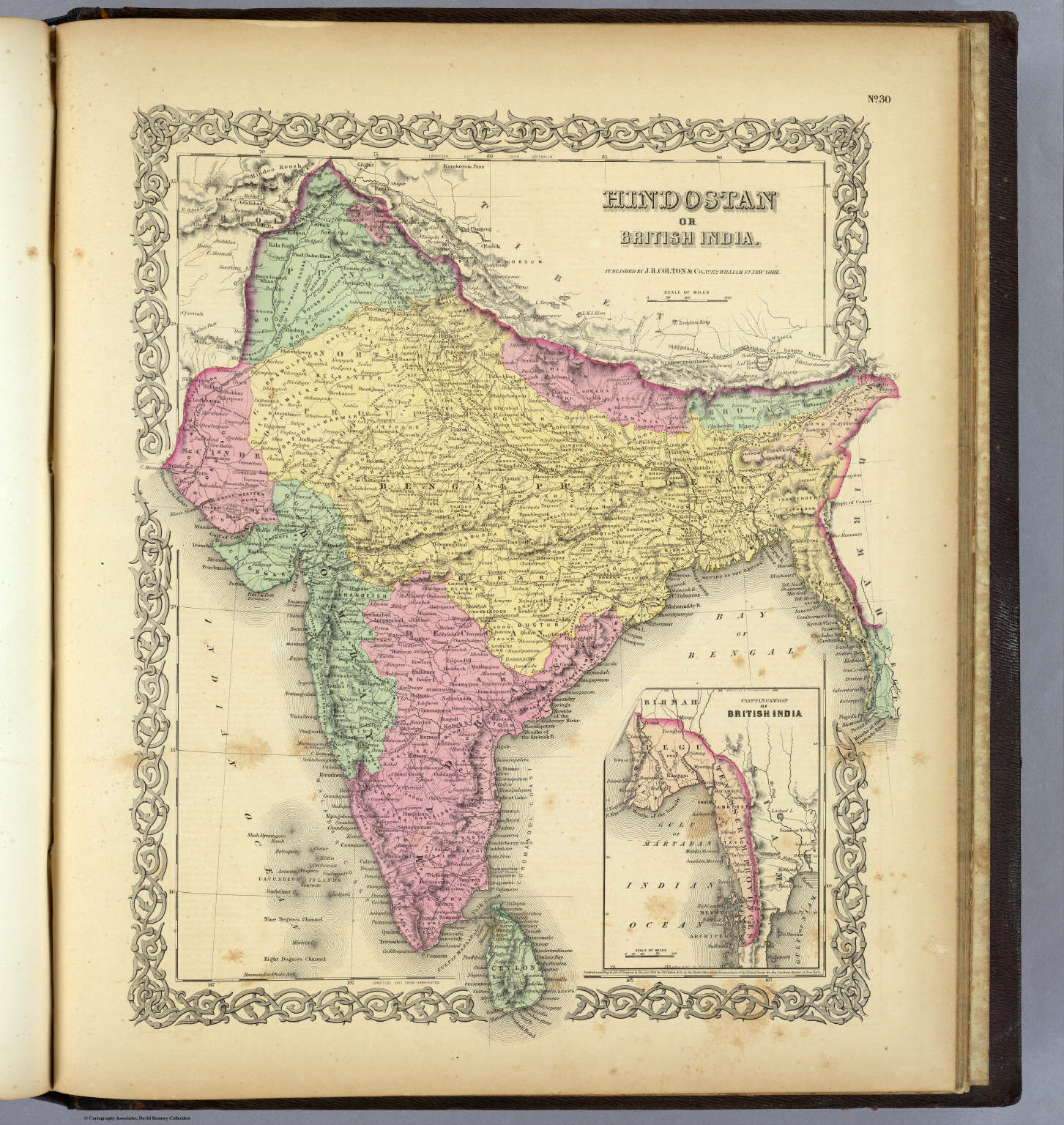
The most popular blog post of 2018 was a complete surprise to me. Antoine Vanner (whose own blog, at https://dawlishchronicles.com/dawlish-blog/, I highly recommend) suggested that I write something about Indian history and the 1857 revolt. I had written a piece on this before I moved my blog to WordPress, so I decided that I would reprint the old post – British India to 1857: The Rise and Fall of the East India Company. This duly appeared in October and readership since then has been quite remarkable. It is now the most widely post on my blog by some margin. I will definitely be writing more about India in the near future.
2. Brussels
I wrote a lot about battle of Waterloo in 2018. It was one of these posts that was the second most popular in the year. It wasn’t one of the posts about the battle itself, but a rather drier piece about why Napoleon was heading for Brussels in the first place. Was it a pointless campaign by a man who had failed to come to terms with the realities of his situation, or could it have changed the course of European history? You’ll have to read the blog to find out.
3/4. Waterloo
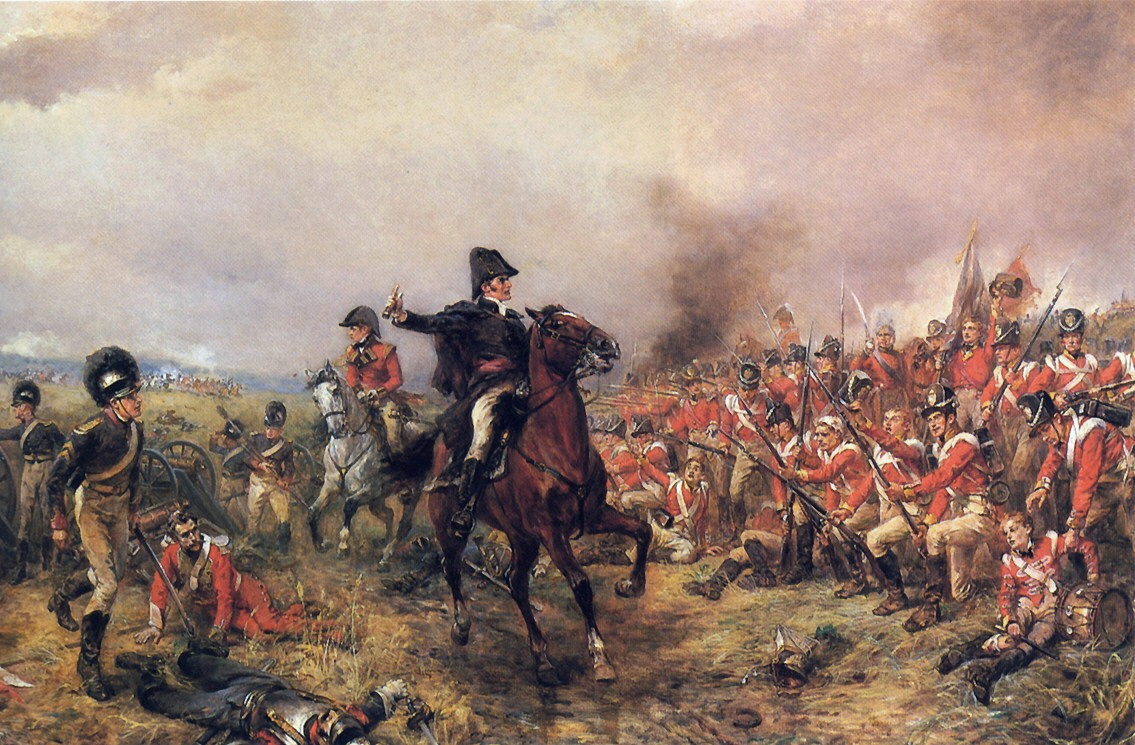
Blogs about the battle itself were understandably popular. My pieces on the use of cavalry and the fight for Hougoumont were particularly well read, but one thing I learned in 2018 is that any post that mentions Napoleon and Waterloo is pretty well guaranteed a good readership.
5. Cornwall

Sculpture at Tintagel. Photo by Mary Anne Warde
I like to feature guest posts from time to time and these are often popular. Mary Anne Yarde’s contribution on King Arthur featured a lovely sculpture from Tintagel.
6. Twickenham

Last year my beloved and I got very involved in English Heritage’s plans for a park near our house. This ended up with us both learning much more about 18th century gardening than we had ever imagined possible. It resulted in a blog post on how a king’s mistress’s garden had morphed into a modern park and how we should treat the result. (It may also have contributed to some modifications to English Heritage’s plans, which I hope was a good thing.)
Beyond the Top Six
Further down the list was more and more Waterloo with a gratifying amount of interest in the international politics of the period as well as the fighting.

Malvern Festival of Military History. (I’m the one on the left)
In October I was very pleased to be invited to be a speaker at the Malvern Festival of military history. I was one of the panel talking about turning historical fact into fiction and this resulted in a few blog posts on the business of writing historical fiction. They weren’t quite as popular as Waterloo, but they did get a gratifying number of readers, especially the one about how much research actually goes into a historical novel.
There were no blogs on tango this year. They used to be very popular, but as more people began reading the blog regularly, presumably for the history, there was less interest in random posts on tango, so I stopped writing them. I miss them a bit, though. If anybody wants me to revive some of the old ones – or maybe even write some new – I’ll have a look at it.
A Word from Our Sponsor
Obviously I wrote a lot of blog posts last year (I lost count somewhere over sixty). What I didn’t write in 2018 was any actual books. In fact I did finish a couple of novels, which Endeavour has said they will consider publishing this year (2019). Understandably, they were not anxious to commit themselves publication until they knew that they had sold some copies of the six novels that I have out with them already (see my-books/). Fortunately, my royalty cheque (yay!) suggests that they may well decide to go ahead. I mention this because, like lots of other writers, I’ve noticed that my books are available on many websites which do not pay me or my publisher. That’s stealing. It’s not just that it’s wrong, but it can make the difference between a publisher deciding that it’s worth going ahead and putting my next books out there or not. I like having my novels professionally published because I think that a publisher probably does it better than I do and is able to market them much more effectively than me. If I can’t find a publisher, I probably won’t write any more books – and this goes for a lot of other writers too. So if you like books by independent authors or authors being published by small presses, please do go out and buy them. All of mine are available in paperback for £6 or less and the e-books are even cheaper.
Thank you.
by TCW | Dec 28, 2018 | Uncategorized
I’m not doing a regular blog posts this week. It’s been Christmas and we spent it with our son and our new daughter-in-law and then – inevitably, knowing us – yesterday was mainly spent dancing. You’ve presumably all had your own things to do over Christmas and I hope you had as good a time as we did.
This is the year that I finally learned to love Twitter. I deliberately avoid some of the strategies designed to pick up more and more followers, so I have just over a thousand, which seems plenty to me although it’s always nice to see the number grow, I guess.
Every week I try to acknowledge people who have re-tweeted my comments or being particularly supportive, and over the year I have noticed that some names come up regularly. I’m nervous about singling out particular individuals because I’m sure I will miss somebody and maybe cause offence, but at this time of year it seems worth acknowledging people who have given much-appreciated support over the past twelve months. So thank you to (in no particular order):
Lydia Schoch (@TorontoLydia)
Candy Korman (@CandyKorman)
Terry Tyler and Julia Proofreader (sisters – you can find Terry at @TerryTyler4)
Mary Anne Yarde (@maryanneyarde)
Shannon Selin (@shannonselin), whose blog posts on Napoleonic history are a joy
Deborah Swift (@swiftstory)
Antoine Vanner (@antoinevanner) who writes a brilliant blog mainly on matters nautical in the late 19th and early 20th centuries, but with lots of other history too
Dr. Alexandria Szeman (@Alexandria_SZ)
Lynn (@lynngerridog)
Carol Gonneville @CarolGonneville
Lally Brown @LallyABrown
Jennifer Macaire (@jennifermacaire)
Cayt Lawson (@CaytLawson)
Kirsten McKenzie @Kiwimrsmac
Jemahl Evans (@Temulkar)
Karen King (@karen_king)
And there are even a few of you I’ve met IRL (In Real Life) though I certainly don’t intend to make a habit of it. A seasonal wave to:
Jacqueline Reiter (@latelordchatham)
Lynn Bryant (@LynnBry29527024) author of the Peninsular War Saga and occasional giver of free books cunningly promoted when I’ve just bought them or when I’m away from Twitter (and excellent free short stories you can still get hold of — http://www.lynnbryant.co.uk/free-first-chapter/the-christmas-after/)
Serena Jones (@Serena1642)
Lucy Jane Santos (@lucyjanesantos_)
Rob Griffith (@Rob_Griffith_)
Thank you to you all. And for you, and anyone else who has felt the urge to share or chat on Twitter, I wish you all
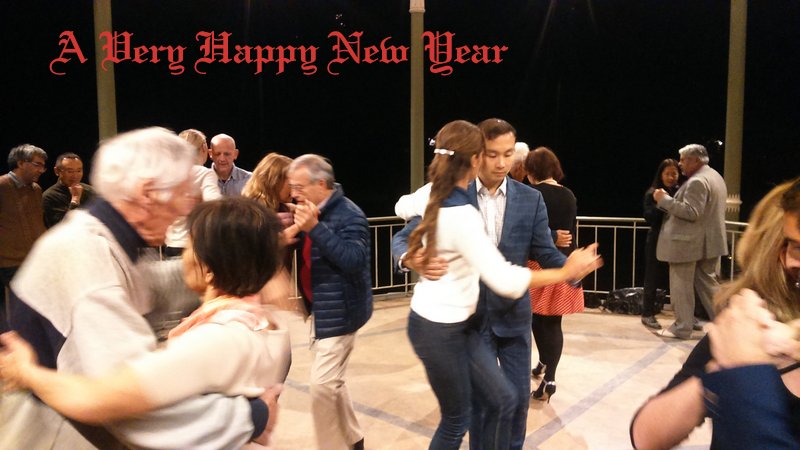

by TCW | Dec 21, 2018 | Uncategorized
I’m not writing a proper blog post this week. It’s too close to Christmas and you will have better things to do than read this. Quite honestly, there’s unlikely to be a blog post next week either, although if people say they really want one I’ll probably provide something.
There’s not going to be a lot of writing time in the next week. Like a lot of people, I imagine, we will be setting out for a family Christmas on Christmas Eve and not returning home until late on Boxing Day and then on Thursday we’re spending all afternoon dancing at the Royal Festival Hall. If you are in London with time on your hands I do recommend that you drop by, if only to sit on the balcony with tea and a sticky bun and enjoy watching everybody tangoing away below. It’s free and always a lovely day.
In keeping with the historical theme, the photo shows Dial House in Twickenham. You can just see the date – 1726 – on the sundial. It was built for the Twinings – the tea family – but later given to the parish to act as the vicarage for the church next door. It’s rather a lovely building and I thought the snow scene was appropriately Christmassy.
While I know that austerity and the level of political turmoil, arguably unprecedented since the 17th century (and that didn’t end well) have left their mark on almost everybody and everything, our family seems to have come through unscathed so far and we find ourselves moving toward Christmas with much to celebrate. There have been no new books but my six existing novels have found a home with a new publisher where they seem to be flourishing and further books are planned for 2019. On the domestic front we’ve been able to celebrate our own Ruby Wedding and our son’s marriage to what seems his ideal partner. (We’ll be spending Christmas with them.)
I hope amid the chaos, confusion and bitterness that I fear has characterised much of public life in 2018, you are able to come together with your loved ones to enjoy Christmas and celebrate life, love and our plans and hopes for the future.
Wishing you all a Merry Christmas and a very happy New Year.
Tom Williams

by TCW | Dec 18, 2018 | Book review
I seem to have been reading a lot of historical fiction lately featuring spunky women heroines who won’t be tied down by the conventions of the period they live in. They talk to men they haven’t been introduced to in the 19th century, they learn to read and write in the 16th century, and they express profoundly liberal opinions on matters like women’s suffrage and take up unlikely professions such as surgery almost whenever.
The truth is that life for women in, say, the 19th century could be pretty grim. Dear Laura shows us just how unpleasant it could be, even if you were a middle-class wife with a rich husband living in comfort in late 1890 Wimbledon.
Dear Laura is presented as a detective story, but it’s more a psychological thriller. We hear a lot nowadays about coercive control, as if it were a new thing. What Dear Laura makes terrifyingly clear is that “coercive control” is what many a Victorian paterfamilias would have called “family life”.
Jean Stubbs takes us into a well-off but not ridiculously rich Victorian home. The husband is a brute, who rules his little empire with a coldness bordering on sadism. His sons are sent off to boarding school, his daughter, despised because she is a girl, is left to the not-so-tender mercies of her nurse. Below stairs Cook rules over the alcoholic coachman, the maid and the skivvy, while Kate, the lady’s maid, occupies an ambiguous position between the regular servants and the better class of persons Upstairs. Laura, meanwhile, floats around the house looking beautiful, saying as little as possible and subject to constant headaches. Kept away from her children because her husband thinks she spoils them, she finds love only from her brother-in-law. Titus, her would-be lover, is, in his way, as objectionable as her husband: extravagant, promiscuous, selfish, but – unlike his brother – not actively cruel.
When Laura’s husband dies suddenly and anonymous letters hint at poison, the estimable Inspector Lintott is called to investigate and he uncovers a positive cesspit of secrets and lies that draw in almost everyone in the house.
This is by no means a perfect book. Some things are revealed in uncomfortable flashbacks than can take you out of the moment and leave you wondering what exactly is going on. Occasionally the sub-text of conversations is presented in italic, usually a sign that the characterisation and the dialogue aren’t quite up to carrying the load placed on them. I’m happy to forgive Ms Stubbs these flaws, though, because the book carried me along, anxious to find out the truth about these people – some good, some bad, but all trapped in the bonds of a social system in which “knowing your place” was the key to survival.
Above all, I welcomed a book that showed the truth of many Victorian women’s lives. For anyone who thinks Stubbs’ view is unrealistically bleak, the epigraphs with which she starts her chapters are revealing:
I know nothing like the petty grinding tyranny of a good English family… Florence Nightingale
Home is the girl’s prison and the woman’s workhouse. George Bernard Shaw
As a general rule, a modest woman seldom desires any sexual gratification for herself. She submits to her husband only to please him… William Acton MRCS
The book rings true to its period. Stubbs has done her research and occasionally ladles it in rather over-enthusiastically. On the whole, though, she does not allow details of the price of meat or the numbers dying of influenza to get in the way of her narrative. They are the background of a wider world, but her story dwells in one household and we see how its inhabitants cope with the social order that the wider world forces on them.
In summary, an excellent book and a wonderful antidote to some of the romantic nonsense being written about women living at a time where #MeToo was more #TheWayThingsAre.






















